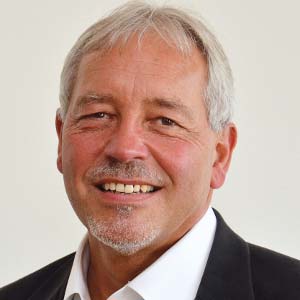
Kiel University (CAU)
The CAU uses responsible actions to make sure that scientific discoveries are transferred into all sectors of our society by interdisciplinary thought – regardless of short-lived trends – where they are incorporated into political, economic and social decisions aimed at securing peace and prosperity. When it was founded back in 1665, the CAU set itself the motto “Pax Optima Rerum: peace is the most valuable asset.” This maxim is as applicable today as it was over 350 years ago.
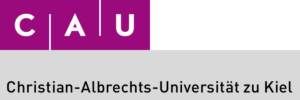
President: Prof. Dr. med Simone Fulda
Kiel University, Christian-Albrechts-Platz 4, 24118 Kiel, Germany
Labs and Units involved in the project
Cell and Developmental Biology Lab
The Bosch lab studies the intricate interactions within metaorganisms in a simple model system, the non-senescent cnidarian Hydra.
Understanding aging and how it affects an organism’s life span is a fundamental problem in biology. A hallmark of aging is stem cell senescence, resulting in an impaired regenerative capacity and reduced tissue function. In addition, aging is characterized by profound remodelling of the immune system, a phenomenon referred to as immune-senescence. Yet, what is causing stem cell and immune-senescence? Moreover, multicellular organisms exist as metaorganisms comprised of the macroscopic host and synergistic interdependence with numerous microbial and eukaryotic species. Health, therefore, is fundamental multi-organismal.
Kiel University, Zoological Institute, Prof. Thomas Bosch, Am Botanischen Garten 9, 24118 Kiel, Germany
+49 431 880 4169
[email protected]
Evolutionary Ecology and Genetics Lab
-
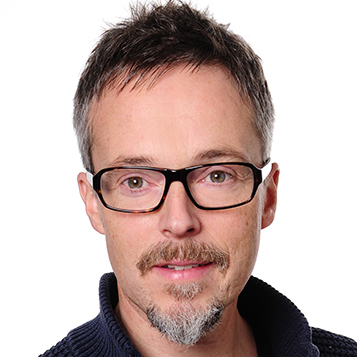
- Group Leader
Hinrich Schulenburg
The Schulenburg group focuses on the dynamics of host-microbe interactions as a model to enhance our understanding of evolution, taking into account ecological factors and the underlying genetics. As model organisms, the group uses the nematode Caenorhabditis elegans and various bacteria, such as the human pathogen Pseudomonas aeruginosa, or different nematode microbiota members. The group’s work is based on an interdisciplinary research approach, combining concepts and methods from different fields, such as ecology, microbiology, genetics, genomics, and immunology. Evolutionary biology serves as the integration point, providing the focus and the core questions of the research projects.
Kiel University, Zoological Institute, Prof. Hinrich Schulenburg, Am Botanischen Garten 9, 24118 Kiel, Germany
+49 431 880 4143
[email protected]
Genomic Microbiology Lab
-
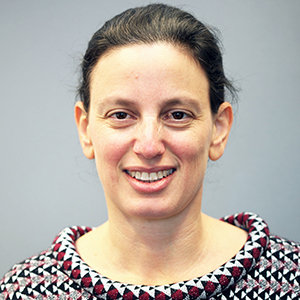
- Group Leader
Tal Dagan
The Genomic Microbiology group study molecular and genome evolution of microbial genomes. Bacteria are found everywhere: in clouds and raindrops, on tree leaves, in soil and oceans, on and in our body. Unlike eukaryotes, bacterial evolution comprises both vertical and horizontal components. Recombination at the species level plays a role in selective sweeps through the population, while inter-species lateral gene transfer (LGT) has important implications to microbial adaptation and evolutionary transformations.
Kiel University, Institut for General Microbiology, Prof. Tal Dagan, Am Botanischen Garten 9, 24118 Kiel, Germany
+49 431 880 4330
[email protected]
Systems Immunology Lab
-
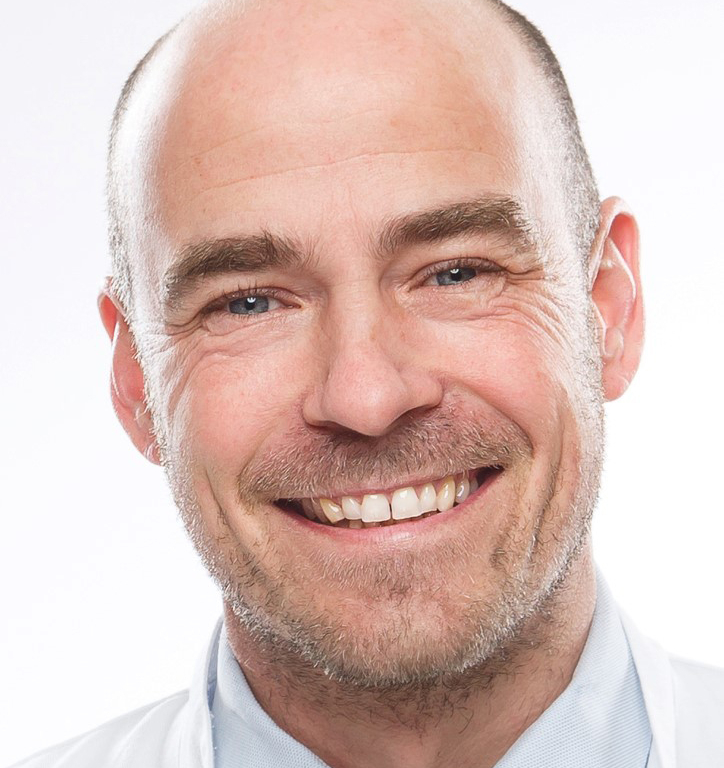
- Group Leader
Philip Rosenstiel
The Systems Immunology group focuses on inflammatory bowel disease (IBD with its two subentities Crohn´s disease and Ulcerative colitis) as an archetypal example of CID, where the exact cause of the sustained inflammation is unknown. An impaired interaction of the immune system with the resident microbiome at the gut epithelial barrier has emerged as an explanatory model of how the environment shapes detrimental immune responses. Consistent with this idea, IBD has been associated with an altered composition and function of the residing bacteria and, vice versa, microbiota are known to shape long-term gene expression programs of specific cell populations. At least in preclinical models, therapeutic targeting of the microbiota has been shown to exert beneficial influences on the underlying immune responses.
Kiel University, Institute of Clinical Molecular Biology, Rosalind-Franklin-Straße 12, 24105 Kiel, Germany
+49 431 500 15 111
[email protected]
Competence Centre for Genomics Analysis
-

- Head
Philip Rosenstiel
The Competence Centre for Genomic Analysis (CCGA) Kiel is one of four DFG-funded Next Generation Sequencing (NGS) centres with the mission to strengthen the biological/medical infrastructure in Germany. Their sequencing services comprise short and long read sequencing technologies as well as bioinformatics support.
The CCGA offers Illumina sequencing in different throughputs and read lengths on two NovaSeq6000, one HiSeq4000, one NextSeq500 and three MiSeqs. Long read sequencing can be done on the Pacific Biosciences Sequel II system. They offer a broad range of methods for RNA e.g. RNAseq, Single Cell transcriptomics or isoform sequencing as well as DNA e.g. whole genome sequencing, amplicon sequencing or exome sequencing.
